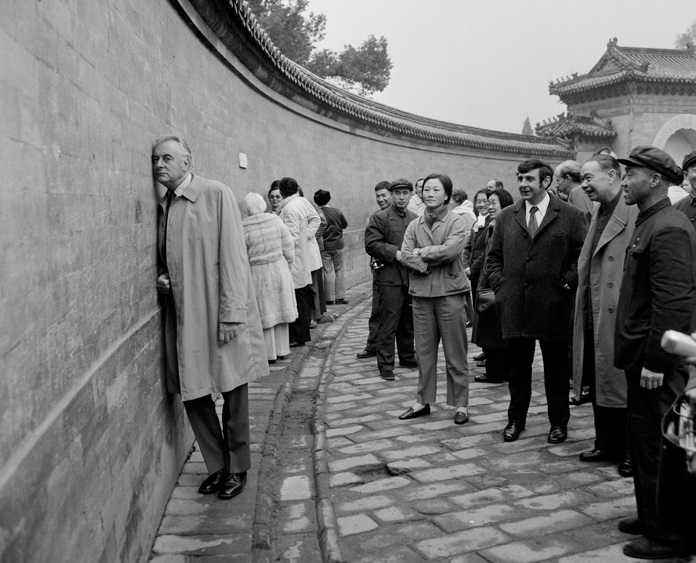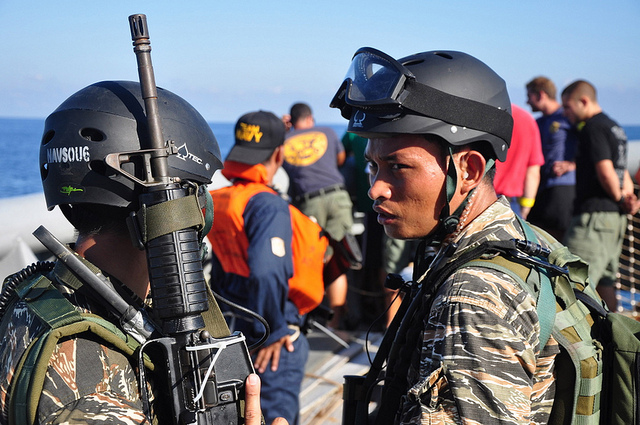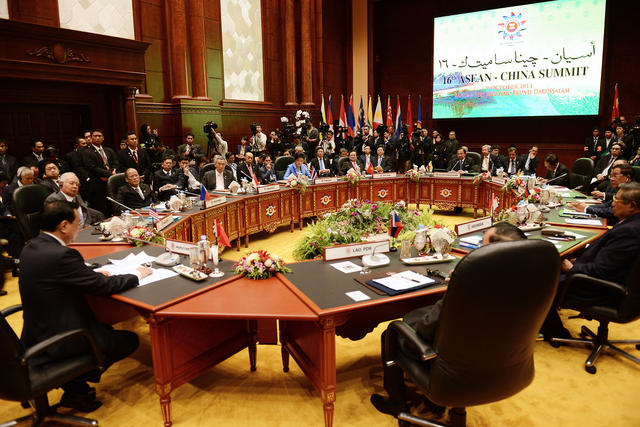Reader response: Wrong turn on the White road
Peter’s sprightly post leaves no room for doubt: he doesn’t buy the argument that he thinks I’m making about how we should respond to China’s rise. I’m glad to hear that because I don’t buy the argument he thinks I’m making either. Like him, I don’t believe that Australia must make a choice between America and China—or at least not the kind of once-and-for-all, all-or-nothing choice he has in mind. On the contrary, like Peter, I think the key aim of Australian policy should be to avoid having to make that kind of choice.
Where we differ, I think, is over what we should do to avoid being forced to make that ‘big choice’ between America and China. Peter would, I expect, agree that whether we can avoid making the big choice depends mainly on the trajectory of the US–China relationship. If they get on okay with one another, we can get on okay with both of them. But the worse they get on, the starker the choice we’ll face between them. And in the event of a conflict we would face a big choice indeed. Read more








